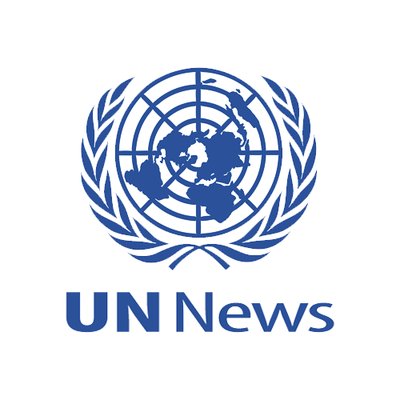The warning came as WHO reported more than five million dengue infections and 5,000 deaths from the disease worldwide this year.
Briefing journalists at the UN in Geneva, Dr. Diana Rojas Alvarez, WHO Team Lead on Arboviruses, said that the threat required “the maximal attention and response from all levels” of the UN health agency to support countries in controlling current dengue outbreaks and prepare for the upcoming dengue season.
Global warming infection boost
Dengue is the most common viral infection transmitted to humans bitten by infected mosquitoes. It is mostly found in urban areas within tropical and sub-tropical climates.
The rise in the number of reported cases of dengue in more countries is explained by the fact that infected mosquitoes now thrive in more countries because of global warming associated with rising emissions.
“Climate change has an impact in dengue transmission because it increases rainfall, humidity and temperature,” said Dr. Alvarez. “These mosquitoes are very sensitive to temperature.”
Although four billion people are at risk from dengue, most of those infected are symptom-free and usually recover within one to two weeks.
Shock tactics
However, severe dengue infections are marked by shock, severe bleeding or severe organ impairment, according to WHO.
It also highlighted that these dangerous symptoms often start “after the fever has gone away”, catching carers and medical professionals unawares. Warning signs to look out for include intense abdominal pain, persistent vomiting, bleeding gums, fluid accumulation, lethargy, restlessness and liver enlargement.
As there is no specific treatment for dengue, early detection and access to proper medical care is crucial, to lower the probability to die due to severe dengue.
“Since the beginning of this year, over five million cases and about 5,000 deaths of dengue have been reported worldwide and close to 80 per cent of those cases have been reported in the Americas, followed by Southeast Asia and the Western Pacific,” reported Dr. Alvarez.
She added that “it is also concerning that dengue outbreaks are occurring in fragile and conflict-affected countries in the eastern Mediterranean region such as Afghanistan, Pakistan, Sudan, Somalia and Yemen.
The global prevalence of mosquitoes has changed in the last few years owing to the 2023 El Niño phenomenon which accentuated the effects of global warming temperatures and climate change, WHO said.
Home and Away
Both factors are associated with previously dengue-free countries such as France, Italy and Spain reporting cases of infections that originated at home – so-called autochthonous transmission - rather than abroad. The disease vector is the Aedes aegypti mosquito, which is widely distributed in Europe and also more commonly known as the “tiger mosquito”.
“Usually, Europe reports imported cases from the Americas, from the Western Pacific, from the endemic regions”, said Dr. Alvarez. “But this year we saw limited clusters of autochthonous transmission. As we know, the summers are getting warmer”.
Distributed by APO Group on behalf of UN News.
Latest Stories
-
Sights & sounds from star-studded Guinness Accravaganza as Stonebwoy, AratheJay, others electrify patrons
6 minutes -
See how much MTN Ghana shareholders SSNIT, Ishmael Yamson, and Ebenezer Asante will get as profits
8 minutes -
Prof Raymond Atuguba: The visionary who transformed UG Law School
16 minutes -
Accravaganza: Guinness official cited in DJ Lord’s allegation against Stonebwoy
18 minutes -
The future of higher education: Is Africa ready for fully online universities?
25 minutes -
Contractor to resume work on stalled Ofankor-Nsawam road following fruitful discussions – Roads Minister
31 minutes -
Mrs. Mary Akweley Kuafoa Cobblah
37 minutes -
Reconstruction of Sunyani-Techiman-Wenchi-Wa-Hamile road to begin under “Big Push” initiative
40 minutes -
BlowChem and Belpak donate assorted products to Chief Imam to mark Eid-ul-Fitr
45 minutes -
Check out the 8 key bills Mahama signed into law
47 minutes -
Leverkusen stunned by third-tier Bielefeld in German Cup
51 minutes -
ECG missing containers: Energy Ministry seeks AG’s probe, possible legal action
54 minutes -
Tesla’s first-quarter deliveries slump on Musk backlash, weak demand
60 minutes -
‘It is finished’- Finance Minister reacts as Mahama approves abolishing of e-levy and others
1 hour -
Prosecution amends charges against Ahmed Suale murder suspect
1 hour

